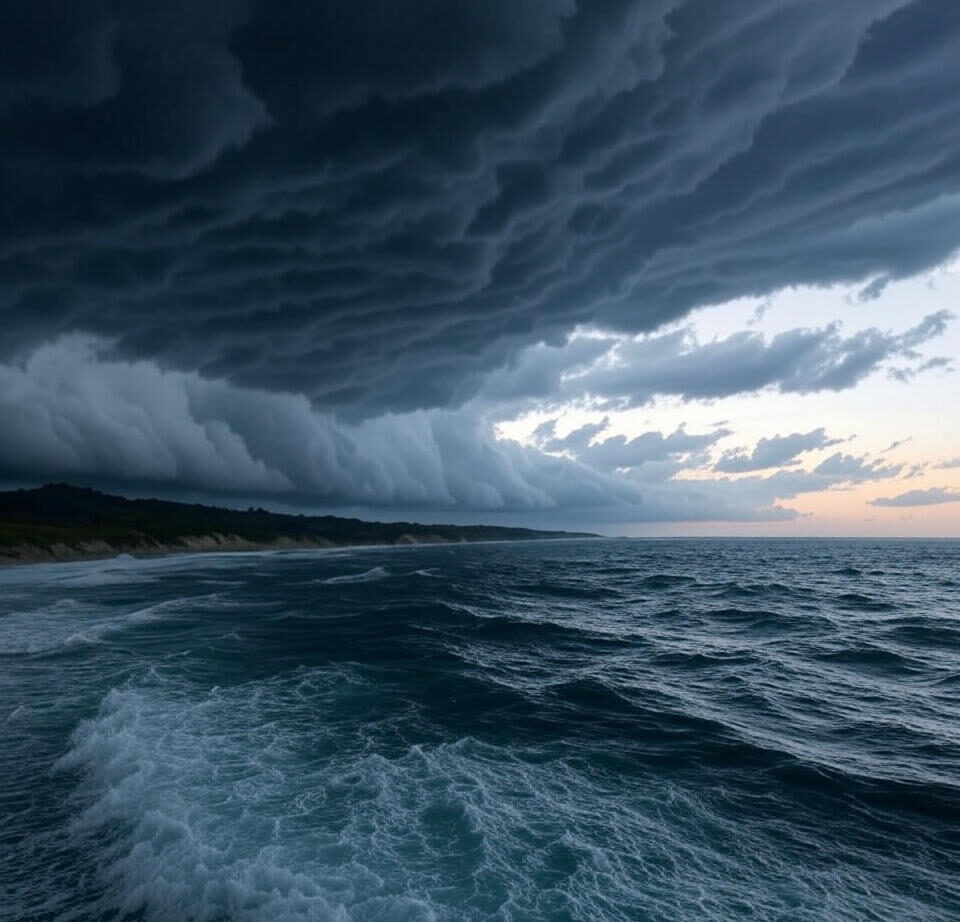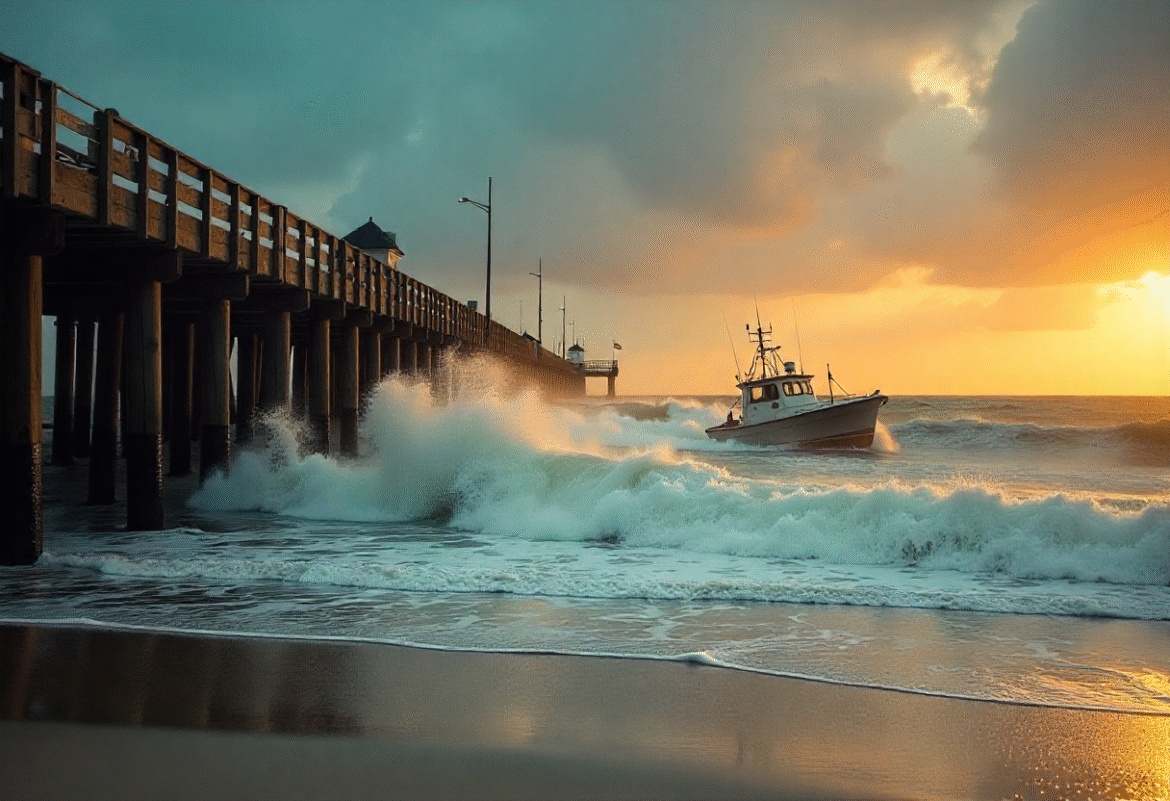Forecasters warn that a Category 3 hurricane is expected to make landfall along Florida’s Gulf Coast by Sunday, before heading inland and impacting parts of Georgia. Based on current projections, residents in both states should brace for storm‑force winds, dangerous storm surge, and widespread flooding.
Forecast & Timing
Meteorological agencies report that the hurricane is strengthening over warm Gulf waters and is forecast to remain at Category 3 intensity as it approaches the Florida coast by Sunday evening (AccuWeather, George W. Bush White House Archive). If the storm follows the projected path, key coastal counties from the Tampa Bay area south through Pinellas and Sarasota will feel the brunt of its force.
Anticipated Impacts in Florida
- Wind damage: Sustained winds of 111 to 129 mph (Category 3 level) can cause severe structural damage, widespread power outages, and uprooted trees (Wikipedia).
- Storm surge: Coastal communities could face life threatening surge, especially in bays and low lying regions, potentially reaching significant heights akin to past storms like Helene (AccuWeather).
- Rain and flooding: Prolonged heavy rainfall 8 to 12 inches on average, but possibly up to 18 to 30 inches in localized bands could overwhelm drainage systems and lead to flooding in inland and urban areas(Globedge).
- Tornadoes: The outer rainbands may spawn tornadoes, adding localized hazard zones.
Florida officials have already signaled concern, declaring states of emergency and urging residents along the Gulf Coast to prepare for mass evacuations and disruptions (ABC News).
Inland Effects: Georgia Braces
Once the storm moves over Florida and edges northward, Georgia is expected to experience significant impacts especially in southern and central regions, including the Atlanta metro area:
- High winds and flooding: Although winds will weaken over land, Georgia may still see gusts near 100 mph in some areas, with rainfall totals reaching well over 8 inches, triggering flash floods and urban flooding (Wikipedia).
- Historic flood risk: Atlanta has previously experienced record flooding from hurricanes crossing inland such as during 2024’s Hurricane Helene prompting emergency declarations and urban rescues (Wikipedia).
- Agricultural and infrastructure damage: Past storms caused billions in losses to timber, poultry, and infrastructure. Pre staging of federal assets and preparedness coordination may play a vital role again (Wikipedia).
Strategic Implications & Preparedness
- Evacuations: Coastal Florida residents should follow local advisories and evacuation orders. Emergency supplies, secure homes, and communicate plans with loved ones.
- Infrastructure readiness: Power companies, road maintenance crews, and emergency services in both states are being mobilized in anticipation of power outages, flooding, and debris clearance.
- Disaster coordination: Federal, state, and local agencies including FEMA, the NWS, and local emergency managers are activating protocols to respond quickly to evolving threats (George W. Bush White House Archive).
- Stay updated: The National Hurricane Center issues formal advisories every six hours more frequently when watches or warnings are issued and local alerts every three hours when storms threaten landfall (weather.gov).

Storm Summary
| Aspect | Details |
|---|---|
| Storm Category | Category 3 hurricane (sustained winds 111 to 129 mph) |
| Florida Timeline | Landfall expected late Sunday along Gulf Coast |
| Key Hazards (FL) | Extreme winds, storm surge, heavy rain, inland flooding, tornado risk |
| Georgia Outlook | Heavy rain, strong gusts, flash flooding, infrastructure damage |
| Historic Reference | Comparable events: Hurricane Milton (2024), Hurricane Helene (2024) |
| Public Actions | Evacuations, emergency declarations, power pre-staging, interagency alerts |
Summary
Category 3 hurricane is projected to strike Florida’s Gulf Coast on Sunday, potentially slamming into cities around Tampa Bay with destructive winds, flooding rains, and surge. It is expected to move into Georgia, where heavy rainfall and residual winds could lead to urban flooding, power outages, and infrastructure damage. Residents and officials should remain vigilant, heed warnings from the National Hurricane Center and local emergency services, and prepare for rapidly evolving storm conditions.

